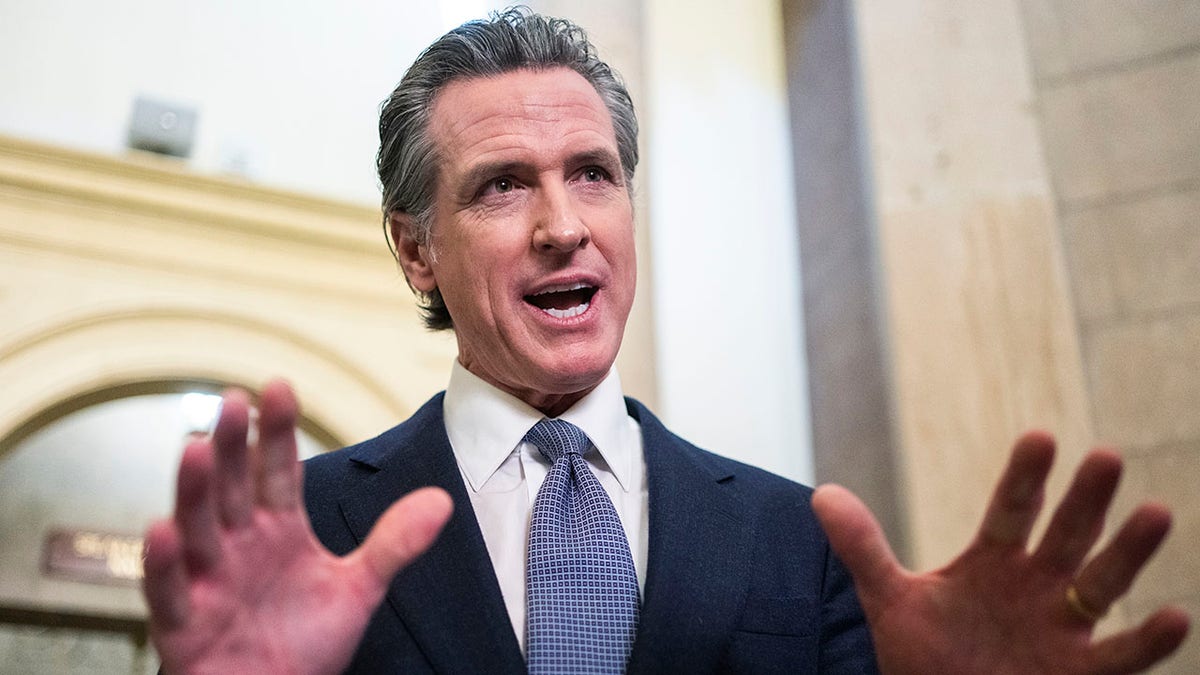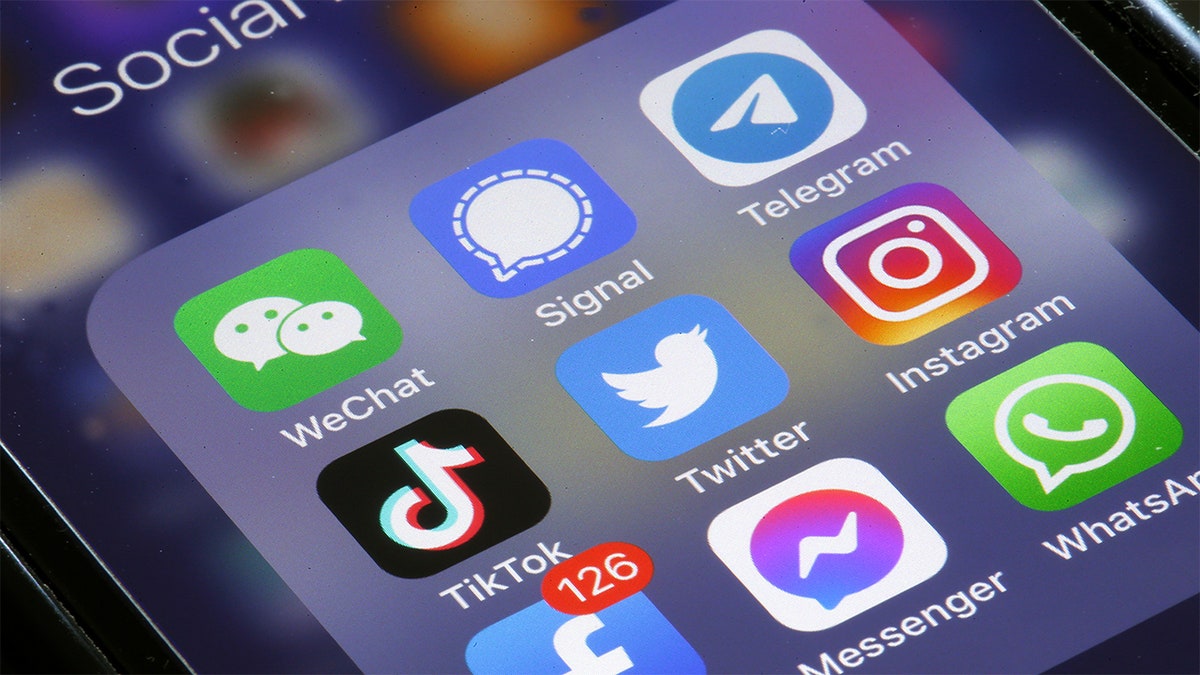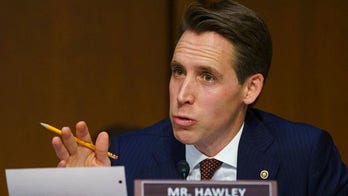Fox News Flash top headlines for September 14
Fox News Flash top headlines are here. Check out what's clicking on Foxnews.com.
California governor Gavin Newsom announced Tuesday he had signed a new social media bill into law to further social media companies' transparency on hate and discrimination.
AB 587, proposed by Assemblymember Jesse Gabriel (D), requires social media companies to post their terms of service on each platform that includes specifying accepted user behavior and activities and those which go against the platform's policies.
"Californians deserve to know how these platforms are impacting our public discourse, and this action brings much-needed transparency and accountability to the policies that shape the social media content we consume every day," Newsom said in a statement released by his office.
The bill also requires social media companies to submit reports to the Attorney General no later than January 1, 2024 that includes the company's current terms of service, specified content categories, the company's guidelines to address said content on their individual platforms, and data relating to content violations.
The Attorney General would then be subject to making "all terms of service reports submitted pursuant to those provisions" available to the general public via an internet site.

California Gov. Gavin Newsom (D) talks with reporters after a meeting with Speaker of the House Nancy Pelosi, D-Calif., in the U.S. Capitol, on Friday, July 15, 2022. (Tom Williams/CQ-Roll Call, Inc via Getty Images)
"Social media has created incredible opportunities, but also real and proximate threats to our kids, to vulnerable communities, and to American democracy as we know it," Gabriel said in the statement released by Newsom's office. "This new law will finally pull back the curtain and require tech companies to provide meaningful transparency into how they are shaping our public discourse, as well as the role of social media in promoting hate speech, disinformation, conspiracy theories, and other dangerous content."
US SOLDIER LINKED TO RACIST SOCIAL MEDIA POSTS, ASSOCIATED WITH ONLINE EXTREMISM

In this photo illustration, the logos of social media applications, Instagram, WhatsApp, Messenger, WeChat, Signal, Telegram, TikTok, Twitter and Facebook are displayed on the screen of an iPhone on April 26, 2022 in Paris, France. (Getty Images)
Newsom's social media bill is one of several recent efforts by lawmakers over the last several months to hold social media companies accountable via legislation.
LOS ANGELES UNIFIED SCHOOL DISTRICT TARGETED BY 'RANSOMWARE ATTACK'
Back in May, the California State Assembly signed a bill that would allow parents the ability to sue social media companies for up to $250,000 in the scenario their child's excessive use of the platform resulted in harm.

Privacy barriers and bike racks maintain a perimeter at a memorial outside Robb Elementary School, after a video was released showing the May shooting inside the school in Uvalde, Texas, U.S., July 13, 2022. (REUTERS/Kaylee Greenlee Beal)
The Social Media Platform Duty to Children Act was authored by Rep. Jordan Cunningham, R-Calif., and passed shortly after the deadly school shooting in Uvalde, Texas, that left 19 students and 2 teachers dead reignited the social media conversation. 18-year-old Salvador Ramos had posted on Facebook that he was planning on harming his mother and Robb Elementary school.
CLICK HERE TO GET THE FOX NEWS APP
In July, Reps. Josh Gottheimer, D-N.J., and Brian Fitzpatrick, R-Penn., introduced legislation that targets TikTok and other similar apps that they say present a clear danger to younger users. The Combating Harmful Actions with Transparency on Social Act (CHATS Act) would ultimately modify the FBI's uniform crime reporting program so as to specify which types of offenses are tied to which social media platforms.





